
Tunisia
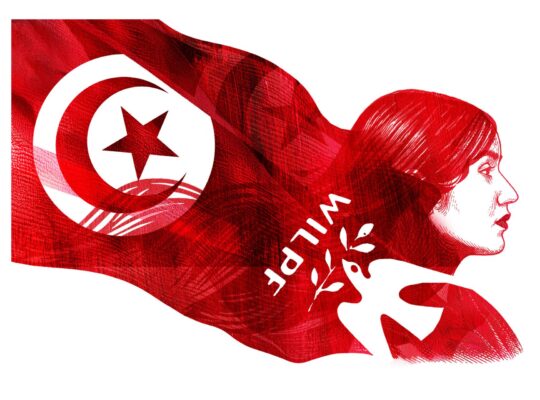
An Unexpected Solidarity
In the 1930s, a group of French women pacifists in Tunisia fighting against fascism began to see the oppression of French rule up close — and became allies of the country’s independence movement.
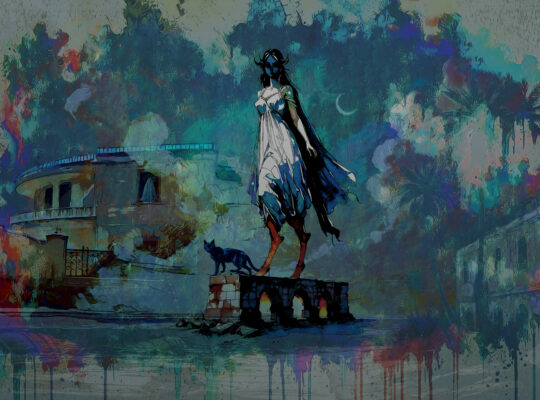
Jinn Z
Beliefs in magic and jinn possession persist in Tunisia, despite over 150 years of attempts to weed them out by rationalist reformers, postindependence modernizers and Islamists — with rumors suggesting that even former President Zine El Abidine Ben Ali and his wife practiced sorcery.
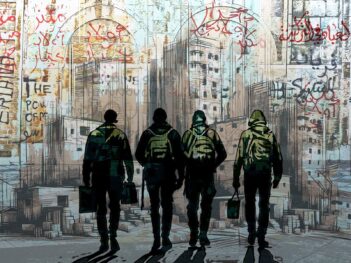
Centuries of Contempt Have Shaped the Slums of Tunis
A long history of contempt for the poor and displaced has shaped the underclass neighborhoods of Tunis. Yet such places, where young people’s options are often limited to crime, extremism and migration, have played an important role in the country’s recent past.
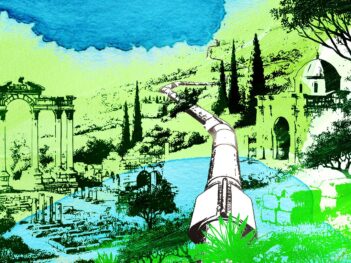
The Algerian Natural Gas Heating Italian Homes — And Causing Social Unrest in Tunisia
Three countries — Algeria, Tunisia and Italy — rely heavily on the TransMed natural gas pipeline, albeit for very different reasons. Political and economic instability along the pipeline’s route, particularly through depressed regions of Tunisia, could put all three nations in jeopardy.

If Carthage Is Destroyed, It Won’t Be at the Hands of Mark Zuckerberg
When Mark Zuckerberg sported a T-shirt with the Latin phrase meaning “Carthage must be destroyed” on it, conspiracy theories swirled in Tunisia about whether the Facebook founder was plotting to take down the regime in modern-day Carthage.
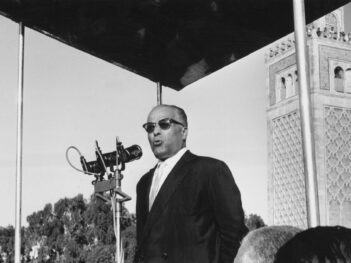
How a Scandalous Glass of Orange Juice Helped To Reshape Tunisian Politics
In 1962, Tunisian President Habib Bourguiba drank a glass of orange juice live on television during daytime in Ramadan. His call to break the fast to pull the nation out of “poverty and backwardness” backfired, opening the door to a new kind of political opposition.

‘Four Daughters’ Breaks the Mold To Give an Honest Picture of a Mother’s Loss
Kaouther Ben Hania's newest documentary, “Four Daughters,” traces the life of Olfa Hamrouni, a Tunisian mother whose two eldest daughters joined the Islamic State group in 2016. Its innovative storytelling, mixing actors with real subjects, made a splash last year at Cannes and just scored an Oscar nomination.
